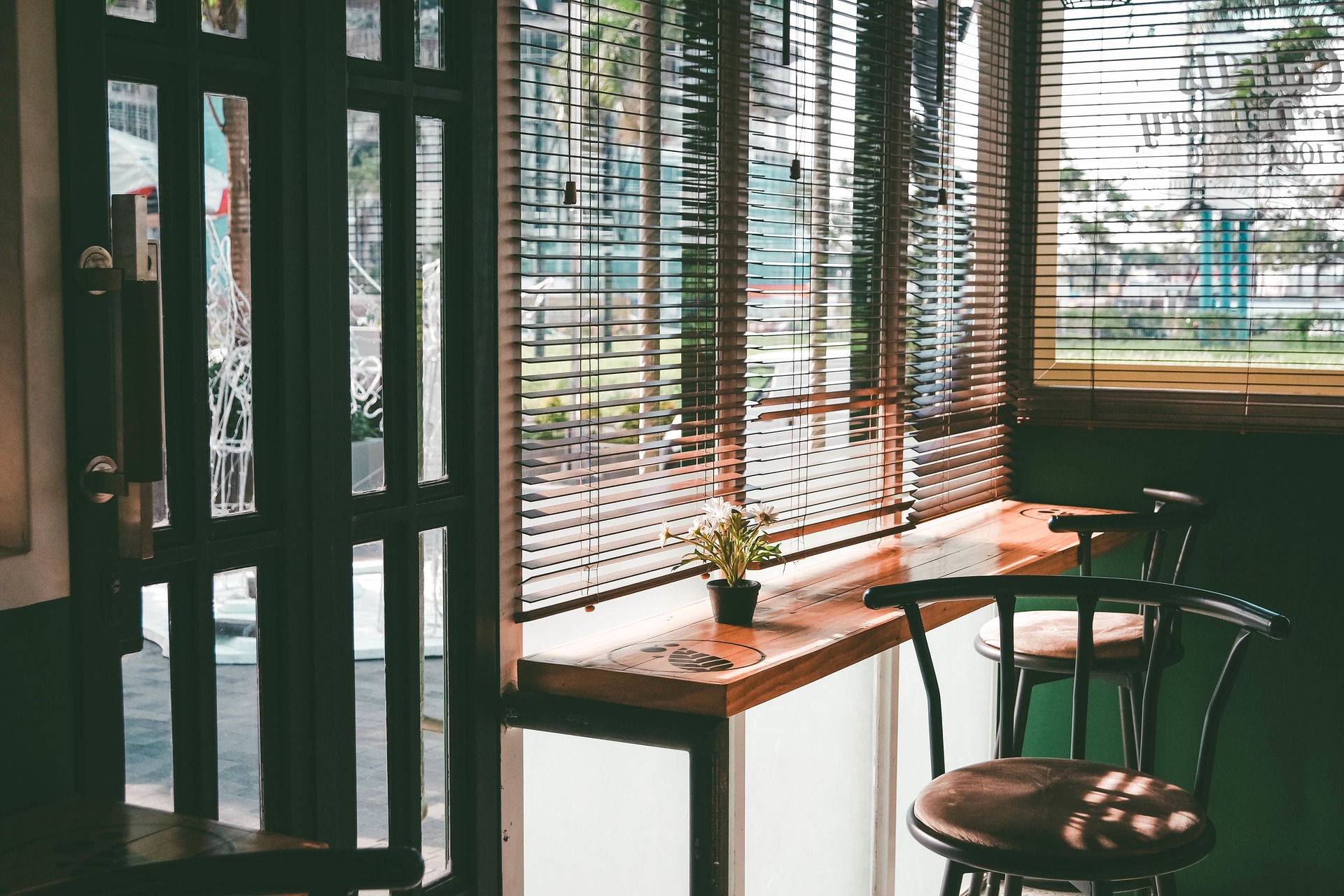The trigger for extending a long residential lease has generally been when it gets close to having 80 years left. So, in 2024, this means properties built in the late 1990s and early 2000s.
This 80-year ‘rule’ is due to what’s known as the marriage value of a lease, and the potential higher premium payable to the freeholder.
There is now a growing list of reasons to consider starting an extension well before the 80-year mark, as the lease extensions specialists at Brady Solicitors explain:
Mortgage Lending is changing
An article in Estate Agent Today quoted The Society of Licensed Conveyancers (SLC), which explained that some lenders have changed their policies to require the period of unexpired leases to be 80 or even 90 years. In order to get access to the best mortgage deals, or for a buyer to get the right deal to purchase, a longer lease is increasingly needed.
Buyers are now much more aware of lease length
Lease length can add to the value and sale-ability of your property. The SLC says this has caused significant issues for leaseholders who only find out when selling that they have to extend the lease to make their property saleable.
Reduce your ground rent
Ground rent clauses are much in the news. At the end of an informal lease extension process, your ground rent is reduced to nil from completion of the lease extension. This can deliver substantial savings.
Extending your lease can seem like a project with an initial outlay but, as your lease devalues over time, the extra benefits can swiftly create reasons to act sooner rather than later.


